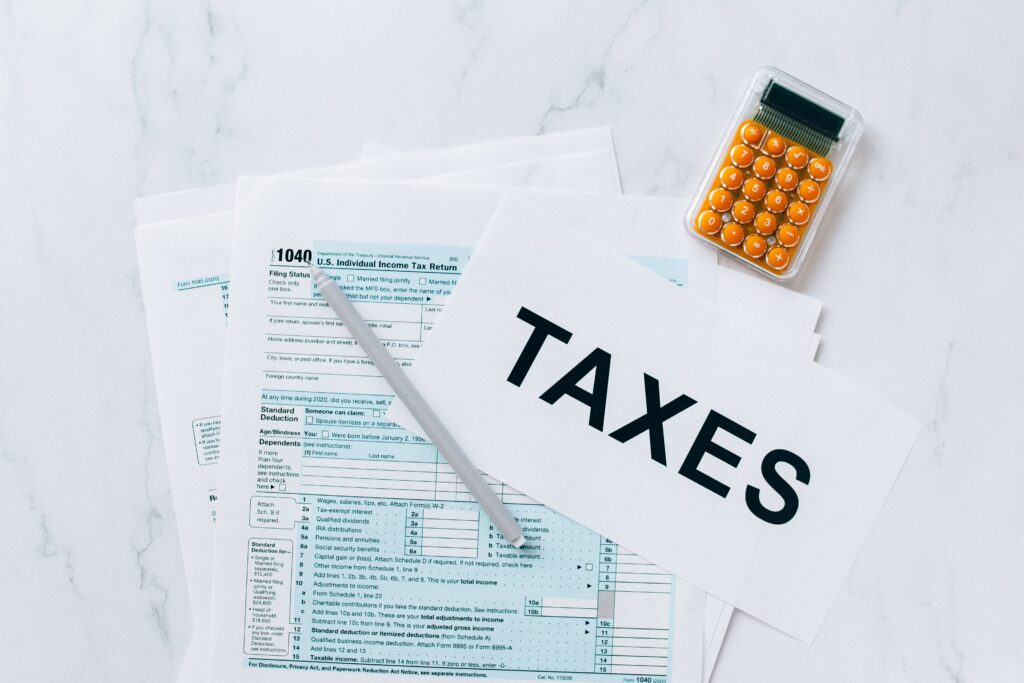
Informational Returns
1099 tax forms are some of the most recognizable tax forms to the average taxpayer. These forms are considered informational tax returns because the IRS requires filers of informational returns to provide this information to individuals they have completed potentially taxable transactions with and also to provide this information to the IRS. This allows the IRS to keep track of these transactions and to notify taxpayers who do not meet required tax filing and payment obligations. There is different criteria used in determining if an informational return is required to be filed.
Although there are over 18 different types of tax information returns, the most common 1099 to taxpayers is the 1099-MISC. This form is used by many businesses to report payments made to other individuals and non-corporate businesses. In addition, it is used to report several other types of payments a business may make, including rent payments, royalties, and several other less common potentially taxable transactions. The most common payment reported on a 1099-MISC is nonemployee compensation, which applies to any payments made to a contractor, often used as a way for business to pay non-employee contractors. By doing this, they are not liable to pay the employer’s share of employment taxes that are required when a business has employees. However, many businesses incorrectly classify workers who should be considered employees as a “contractor.” The incorrect categorization of employees as contractors is something that the IRS is watching more carefully, and because of this, if you have workers you are paying as a contractor you should be sure that they meet that criteria.
All 1099 information forms are due to be issued to recipients by January 31st, giving the taxpayer enough time to prepare their own tax returns. The reporting entity must also provide a copy to the IRS by March 2nd, or March 31st if filing electronically. If this deadline is not kept, the IRS can impose significant penalties on a business. If it is filed within 30 days, the late fee is $30 per late form, with a maximum penalty of $250,000 ($75,000 for small businesses with annual revenue under $5,000,000). If filed after 30 days, but before August 1st, the penalty increases to $60 per return, with a maximum penalty of $500,000 ($200,000 for small businesses). Finally, if the return if filed after August 1st, the penalty increases to $100 per return, with a maximum penalty of $1,500,000 ($500,000 for small businesses). It is very important that a business file these returns in a timely fashion.
Other often used 1099 forms include:
- 1099A, used to report the abandonment of a property secured by a loan
- 1099B, used to report broker (primarily securities) or barter exchanges
- 1099C, used to report the cancellation of debt by lending institutions.
- 1099R, used to report retirement account distributions
- 1099-DIV, used to report dividends and other distributions by banks and financial institutions
- 1099-INT which is used to report interest payments
- 1099K, which is a relatively new form used by payment settlement organizations (i.e. credit card processors) to report transaction totals to their clients.
If you have a business that has transactions that may be reportable to IRS, and you are unsure how to proceed, it is a good idea to consult with a tax professional in order to make sure that you are meeting all informational return filing requirements. Contact RJS Law or call us today at (619) 595-1655 to schedule your consultation.

Leave a Reply